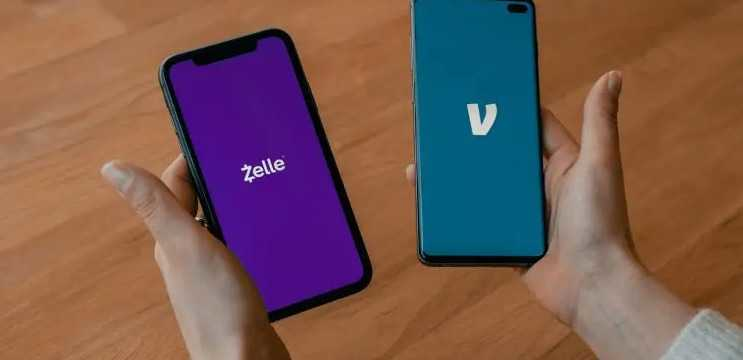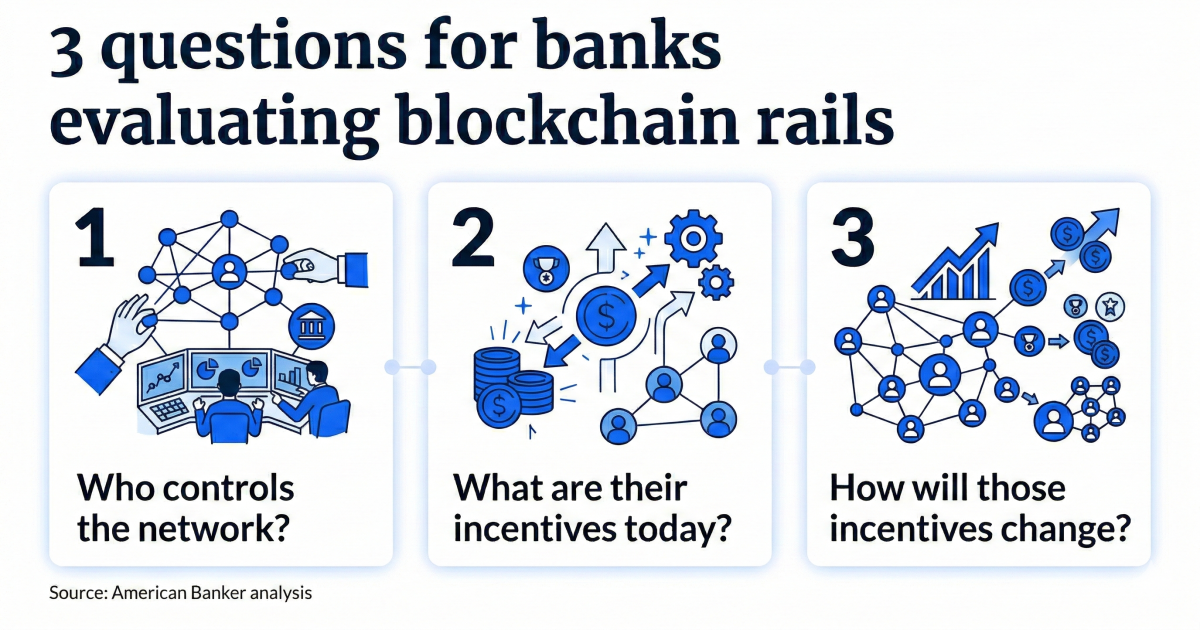Zelle payments are more popular than ever, but some consumer protections are not in place to adequately protect users. In 2021, Zelle transacted $490 billion worth of payments, and the numbers are growing. More than 1,800 banks utilize Zelle’s P2P money transfer system. Zelle users deduct cash from their checking account and send it to the payee. This allows the payee immediate access to that cash. Since Zelle payments are considered “immediate payments,” settlement is final. This makes the nature of Zelle payments irrevocable, an issue that becomes prominent when dealing with scammers. According FYI, your link pointed to the file I sent you on your hard drive. In an article posted by Wall Street Journal, big banks are banding together to create remedies for scammed consumers. They are hoping to be a step ahead of regulators.
How Did This Become a Problem in the First Place?
Scammers got clever and took advantage of the irrevocable nature of Zelle’s instant payments. Many consumers sent cash to what appeared to be their own bank accounts. But the scammers hooked their accounts up to the receiving end of the payment.
Many consumers may assume they are protected against scams; banks are required by legislation to refund consumers for transactions they did not authorize. This works for traditional debit and credit transactions. But since there is no real “authorization” messaging in immediate payment processing, some banks refuse to provide reimbursement to the consumer. Some banks on the Zelle network have their own policies in place to reimburse scammed consumers, but there is no consistency across all financial institutions today.
What Is Being Done?
Lawmakers are pressuring banks into doing more to help victims of P2P payment scams in a consistent manner. The Consumer Financial Protection Bureau is in the works of preparing new guidance aimed at requiring banks to provide reimbursements to scammed consumers on Zelle and other P2P money transfer systems. The banks would simply need to withdraw the cash from the scam account and deposit it back into the consumer’s account. If the guidance is solidified into new rules, all banks participating on Zelle’s network would have to comply.
The big banks behind Zelle are partially on board with the legislators. Zelle’s owners include Bank of America, Capital One, Chase, PNC, Truist, U.S. Bancorp and Wells Fargo. According to WSJ, “by agreeing to share liability inside Zelle’s system and guaranteeing to reimburse each other, the banks hope more customers will get their money back.” However, there are limitations. The banks would not extend reimbursement protections to consumers seeking refunds for goods or services they did not receive, or for people who made type-o’s when inputting the receiver’s account.
The new guidance is rumored to become effective in 2023. According to the WSJ:
- The new refund rules could kick in as soon as early next year. The banks are running tests to make sure the changes wouldn’t result in a fresh surge of scams.
- If the new rules are put in place, financial institutions that participate in Zelle would have to agree to them or risk being kicked out of the network, people familiar with the matter said.
With the push to faster payments, fleshing out the liability issue is imperative for financial institutions… and consumers.










 All while Pfizer—a company with a $2.3 billion criminal fine for fraudulent marketing, bribery, and kickbacks—was given blanket immunity from liability and billions in taxpayer dollars to produce a vaccine in record time with no long-term safety data.
All while Pfizer—a company with a $2.3 billion criminal fine for fraudulent marketing, bribery, and kickbacks—was given blanket immunity from liability and billions in taxpayer dollars to produce a vaccine in record time with no long-term safety data.
























